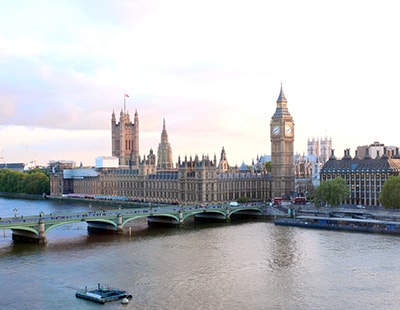This is the entirety of the detail given by the government about the Renters’ Reform Bill, confirmed in yesterday’s Queen’s Speech.
---
Renters Reform Bill

This is the entirety of the detail given by the government about the Renters’ Reform Bill, confirmed in yesterday’s Queen’s Speech.
---
Renters Reform Bill
The purpose of the Bill is to:
- Fulfil the manifesto commitments to abolish so-called ‘no fault’ section 21 evictions and strengthen landlords’ rights of possession, delivering on the levelling up mission to halve the number of non-decent rented homes by 2030 and create a rental market that is fairer and more effective for tenants and landlords.
The main benefits of the Bill would be:
- Delivering a better deal for renters through reforms that will provide 4.4 million households with more secure and higher quality homes.
- Providing a more effective legal framework and a more stable rental market for landlords to remain and invest in.
- Giving local councils effective tools to crack down on the minority of non- compliant landlords and poor practice.
The main elements of the Bill are:
- Abolishing so-called ‘no fault’ evictions by removing Section 21 of the Housing Act 1988, providing security for tenants in the private rented sector and empowering them to challenge poor practice and unfair rent increases without fear of retaliatory eviction.
- Reforming possession grounds for landlords, introducing new and stronger grounds for repeated incidences of rent arrears and reducing notice periods for anti-social behaviour, ensuring that they can regain their property efficiently when needed.
- Applying the legally binding Decent Homes Standard in the Private Rented Sector for the first time ever, giving tenants safer, better quality and better value homes.
- Introduce a new Ombudsman for private landlords so that disputes can easily be resolved without the need to go to court, which is often costly and lengthy, and ensure that when residents make a complaint, landlords take action to put things right.
- Introducing a new property portal to help landlords understand their obligations, give tenants performance information to hold their landlord to account as well as aiding local authorities.
Territorial extent and application
The Bill will extend to England and Wales and apply to England only.
Key facts
- There are currently 4.4 million households in the private rented sector in England, making it the second largest tenure (19 per cent of households).
- Around one million (21 per cent) private rental homes don’t meet the Decent Homes Standard. This is down from 41 per cent in 2009 but still much higher than other tenures (12 per cent of social sector homes and 16 per cent of owner- occupied homes).
- In 2019-20, more than one fifth of renters (22 per cent) did not end their last tenancy by choice and faced an average of £1,400 of moving costs as well as likely paying more for the home they moved into.
- The measures in the Bill will support the Government’s levelling up mission on housing for the number of non-decent rented homes to have fallen by 50 per cent by 2030.
- We will shortly publish a White Paper which will set out more detail on our proposals for landmark reform in the private rented sector.
--------------------
We're excited to announce that we're working on building a shiny new website for readers of Landlord Today! As part of this process, commenting on articles will be temporarily disabled. We look forward to sharing our new and improved Landlord Today website with you shortly!